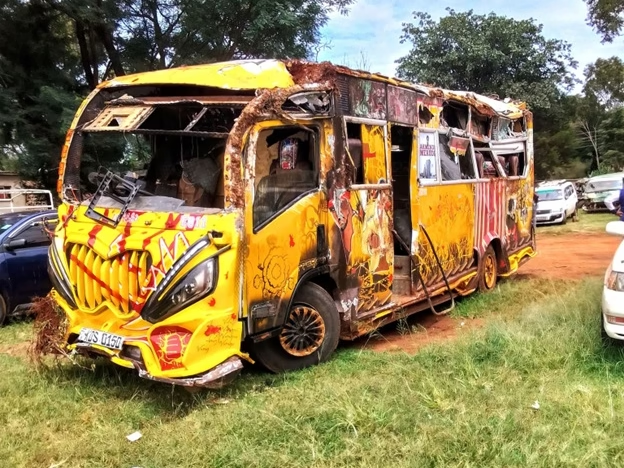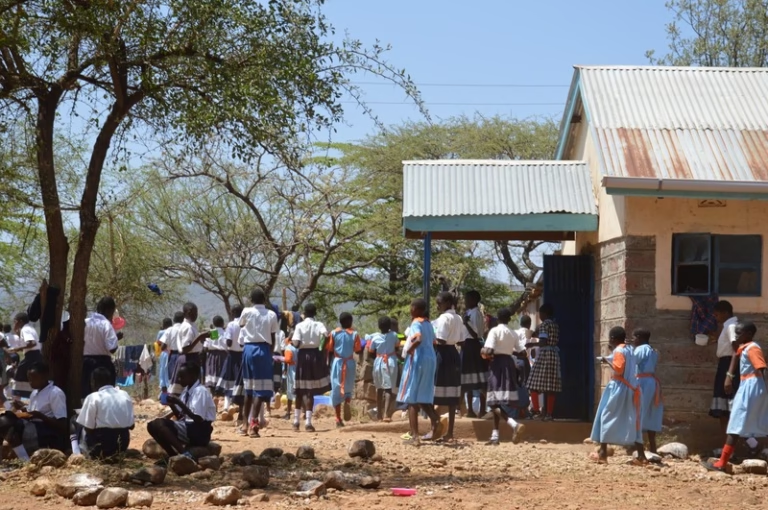
On June 25, 2024, the world witnessed a historic moment in Kenya. Thousands of young protesters mostly from Generation Z took to the streets to oppose the controversial 2024 Finance Bill, a government proposal that would sharply increase taxes and worsen the cost of living. These demonstrations, livestreamed and mobilized across platforms like TikTok and Twitter, ended tragically when blood was spilled at Kenya’s Parliament.
From early morning, protesters gathered under a rallying cry: “The People’s Assembly belongs to the people.” Their aim was clear stop the bill before it could become law.
Marching toward Parliament, they faced a brutal response: tear gas, rubber bullets, batons, and even live ammunition. Protesters highlighted how increased taxes would deepen hardship for working, middle, and lower-class Kenyans, intensifying already unbearable living conditions.
One young protester stated, “It’s already really hard for everyone – the taxes will make life much harder.” Another declared, “This is the working, middle, and lower class against the ruling class.” The message was clear: this was a people’s movement.
As tension mounted, a historic breach occurred: protesters stormed Parliament, something Kenya had never witnessed before. What followed was chaos – and death.
According to the BBC’s Blood Parliament exposé, gunfire turned lethal as security forces opened fire on unarmed demonstrators. Among those killed were:
- David Chege – A young student protesting for a better future.
- Ericsson Mutisya – A shopkeeper who stood with the movement.
- Eric Shieni – A Sunday school teacher, was shot during a second wave of the incursion.
Through open-source intelligence (OSINT) and forensic video analysis, BBC Africa Eye has identified the officers responsible for opening fire on protesters. Despite this clear evidence, no one has been held accountable for the killings.
On June 26th, following immense pressure from the public and civil society, President William Ruto announced the withdrawal of the 2024 Finance Bill. In his speech, he urged leaders to “listen to the heartbeat of the nation.”
But for many Kenyans, especially Gen Z, withdrawing the bill was not enough. They demand justice for the lives lost and real accountability for the violence unleashed against peaceful demonstrators.
This movement demonstrated the power of digital activism. Livestreams, real-time updates, and viral hashtags turned a domestic protest into a global human rights issue. Gen Z protesters were organized, leaderless, and driven by the urgent need for change, symbolizing a new era of activism in Kenya.
BBC’s documentary Blood Parliament sheds global light on the brutal crackdown, ensuring the voices of David Chege, Ericsson Mutisya, and Eric Shieni are not forgotten.
The tragic events of June 25, 2024, mark a defining moment in Kenya’s political history. Gen Z proved they are not just the future; they are the present. Their bravery exposed deep flaws in governance and demanded a system that listens, protects, and serves its people.




